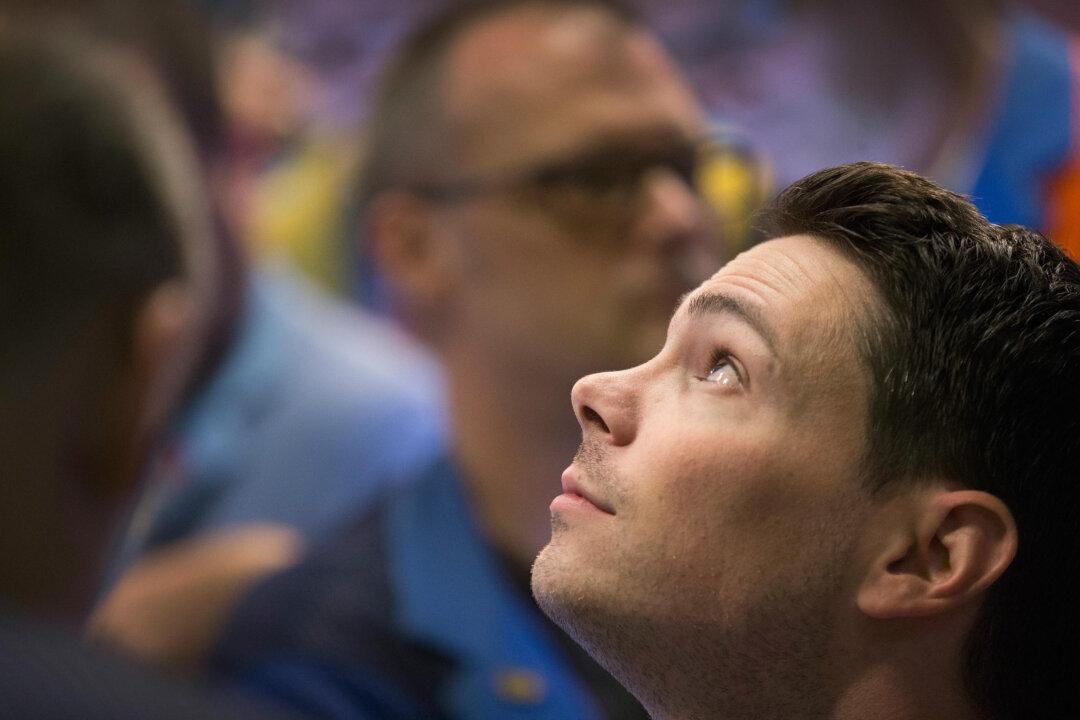Video Transcript
Matt Coffina: For Morningstar StockInvestor, I’m Matt Coffina. I’m joined today by Damien Conover, who is the director of our health-care team. We are going to talk about pharmaceutical firms’ pipelines. Damien, thanks for joining me.
Damien Conover: Matt, thanks for having me.
Coffina: Every year, you do this analysis using our proprietary box methodology, as we call it, basically to rank the pipelines of Big Pharma firms. Could you explain a little bit about this methodology and how it works?
Conover: Sure. What we are trying to do is really distill the main drivers of large pharmaceutical companies. And so when we are distilling it, there are really three key factors we’re looking at. We’re looking at pipeline, patent exposure, and what we call in-line products. Those are products that don’t have patent losses over the next five years but have already been launched. And those are the three factors that really drive our ability to look at the top-line performance of these firms at least over the next five years.
Coffina: So, you’ve been scoring pipelines in this way for a few years now. How has the methodology performed in the past?
Conover: We’ve had a lot of success with the methodology. If we go back to several years ago when we first started this, firms that ranked very well like Abbott (ABT) and Novartis (NVS), following two years of their high rankings, they posted 40 percent gains. A lot of this had to do with the strengths of their pipelines as well as lacking a lot of patent losses, [which is] really what the methodology is supposed to [account for].
Coffina: So, which firms scored the best in this year’s ranking and why?
Conover: In this year’s ranking, the top two firms were Sanofi (SNY) and Merck (MRK). And just taking those one at a time: Merck’s a firm that is really in this transitionary period of reinvigorating its pipeline. What I mean by that is when we think about Merck from several years ago, they were really focused on primary care, which worked well five or 10 years ago. But in today’s era of drug development, you really want to be looking at specialty care. And that’s really where Merck is just moving into and has expanded its pipeline dramatically, and it should open up great opportunities.
In particular, its product for oncology, called Keytruda, is an immuno-oncology drug that I think will really create a paradigm shift in how we treat very large incident rate cancers like lung cancer.
Sanofi is a firm where the pipeline is not as strong as Merck, but it’s a firm that doesn’t have a lot of patent losses--which in our methodology helps a firm just as well as a firm that has great pipeline. So, these two firms, we think, are very well positioned for top-line growth over the next five years.
Coffina: So, which firm scored the worst this year?
Conover: When we look at all the different metrics, Pfizer (PFE) actually comes out pretty poor. And it’s a huge firm, so you'd anticipate them having a pretty strong pipeline. Unfortunately, they really lack the power of a lot of their peers. And on top of that, they still have some major patent losses. And when you add that together, the growth rate on the top line looks very, very challenging.
Coffina: I also want to just talk about GlaxoSmithKline (GSK). This company, I think, was our top-ranked firm last year. It’s toward the bottom this year. So obviously, some things didn’t go well in 2014 for Glaxo. What’s the big difference between last year and this year?
Conover: I'd say there were two things that really hit Glaxo hard in 2014. The first is that their in-line products are facing a lot more competition and a lot more pricing pressure. And the key in-line product here is Advair. Advair is a respiratory drug that really had a lot of pricing pressure put on it by some of the major payers in the U.S., most notably Express Scripts (ESRX). Because of that pricing pressure, we saw the projected forecast for Advair drop pretty dramatically and really hurt the stock performance.
On top of that, there were a lot of what I would call swing-for-the-fences products in their pipeline--meaning if they would have made contact, they could have been home runs. But unfortunately, they had two major strikeouts, and that really hurt their pipeline.
Coffina: Thanks for joining me, Damien.
Conover: Matt, thanks for having me.
Coffina: In conclusion, in this year’s Big Pharma ranking, Merck and Sanofi came out on top--Merck because of its very strong pipeline and Sanofi mostly because of its lack of patent losses over the next five years. On the other end of the spectrum, Pfizer and GlaxoSmithKline didn’t score as well. In both cases, the companies are facing patent losses, relatively weak in-line product sales, and not enough in the pipelines to make for that.
For Morningstar StockInvestor, I’m Matt Coffina. Thanks for joining us.



